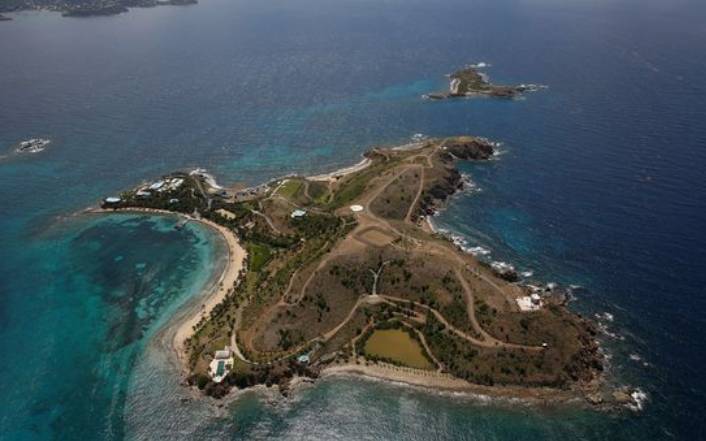×
The Standard e-Paper
Kenya’s Boldest Voice

The private island owned by billionaire Jeffrey Epstein - who has today killed himself in prison - is at the centre of the sex trafficking probe against him.
There are claims underage girls were used as sex slaves and repeatedly abused inside a temple on the island of Little St James, dubbed paedophile island ‘and’ Orgy Island.